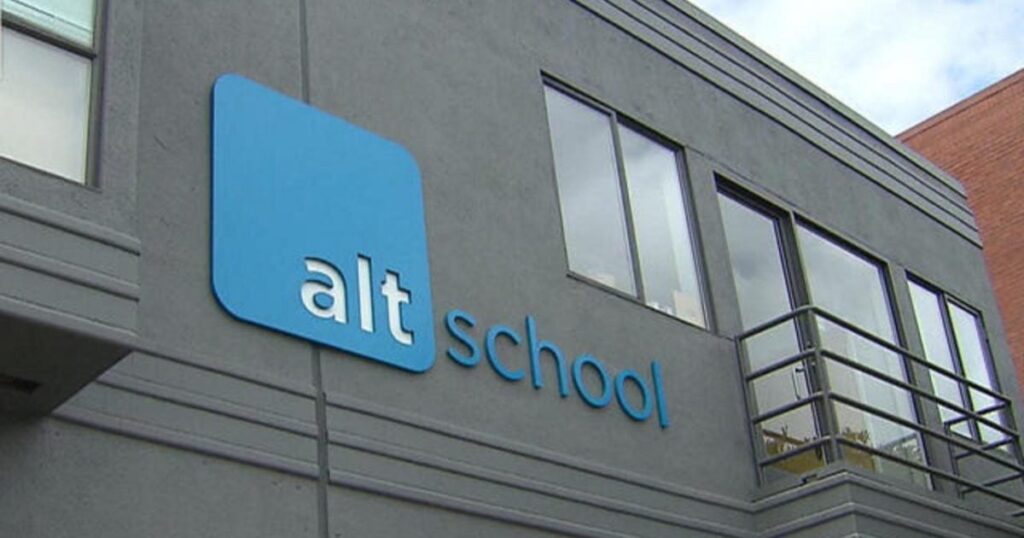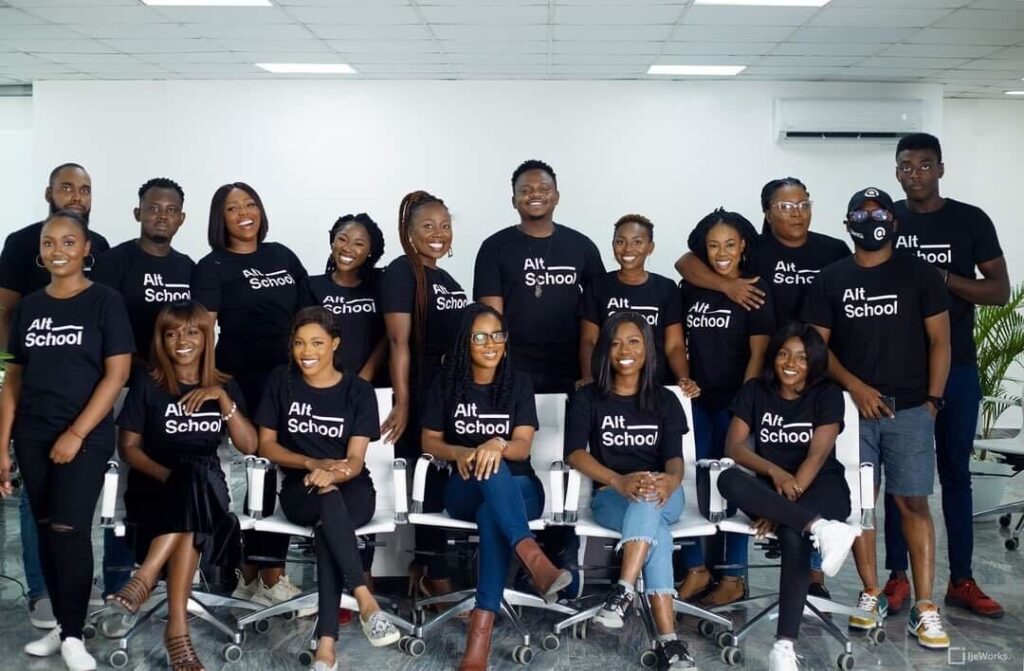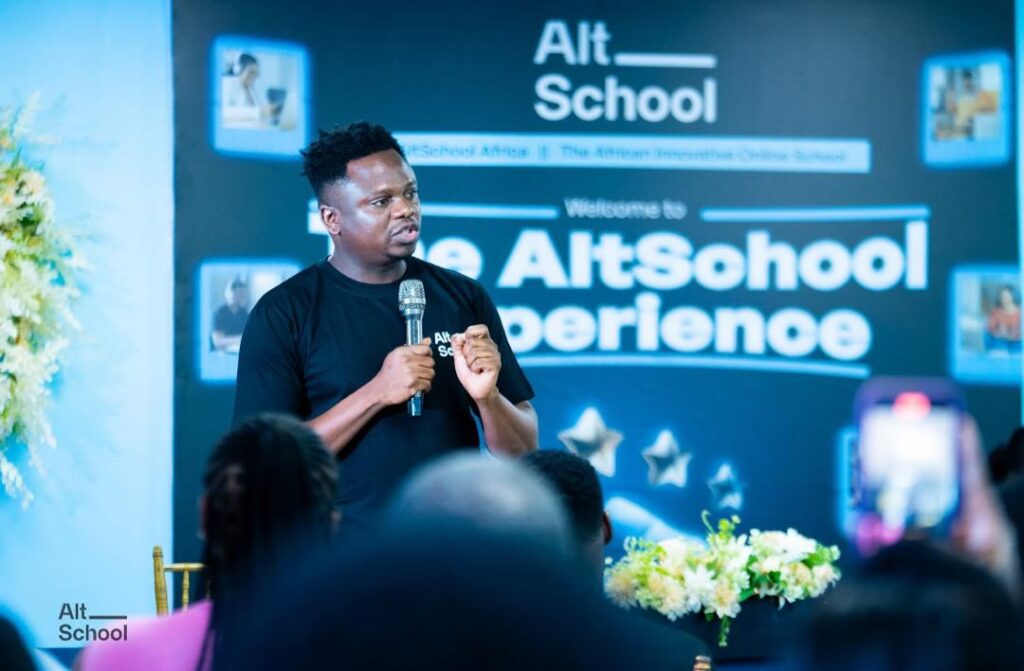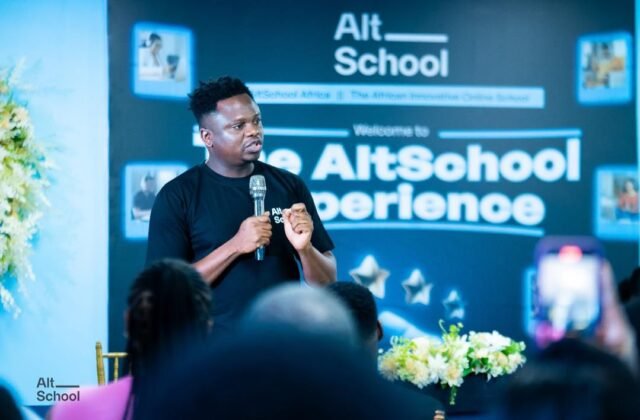Education is often described as the great equaliser, but in Nigeria and across much of Africa, access to quality learning has long been determined by geography, cost, and circumstance. For millions of people, the dream of completing a diploma or gaining professional certification is still out of reach. An edtech firm, AltSchool Africa, says it is determined to change that reality.
At The AltSchool Experience event in Lagos, the company unveiled a new product it calls the Nano Diploma. The programme was born out of a simple but pressing question: how can learning be redesigned to fit into the real lives of Africans, many of whom are balancing jobs, family responsibilities, and limited finances?
According to Adewale Yusuf, the Chief Executive Officer, the answer lies in breaking down traditional diplomas into smaller, credit-bearing pieces that are easier to manage and more affordable. Instead of committing to a full 12-month programme, learners can now take shorter, targeted modules. These modules can then be “stacked” over time until they build up into a full diploma. For Yusuf, this is not just innovation; it is a necessity.
“I know first-hand how difficult it is when access to education is limited,” he said, recalling his own struggles after secondary school when he could not afford university. “We want to ensure that nobody has to pause their dreams simply because they cannot commit to a year at once.”

Table of Contents
Flexibility, Affordability and Language Matter
In just three years, AltSchool has grown from a small startup into one of the continent’s most talked-about edtech firms. Initially, its focus was on helping Africans acquire technology skills—fields like software engineering and product design. But today, its curriculum has expanded to include cybersecurity, data analytics, business essentials and communication skills.
The new Nano Diploma, Yusuf explained, is deliberately structured to reduce the barriers that stop learners from pursuing higher learning. The programme is shorter, cheaper, and accessible online, so that even those in rural or underserved areas can participate. Importantly, it is being rolled out in multiple languages—English, Hausa, Yoruba, Igbo, French and Swahili—acknowledging the reality that language is often a silent barrier in African education.
For many Nigerians, especially in Northern states, this could be a game-changer. By learning in their mother tongue, students can better grasp concepts without feeling excluded. “For the first time, we are building an inclusive experience,” Yusuf stressed.
This affordability and flexibility also mean that people who are working or raising families do not have to give up their daily commitments. They can learn at their own pace, in their own time. For young professionals and parents alike, this is a chance to upgrade skills without pressing pause on life.

Recognition, Community and Global Reach
But accessibility alone is not enough—credibility matters. To reassure learners, AltSchool has secured full accreditation from the UK-based Accreditation Service for International Schools, Colleges and Universities (ASIC). This means that its diplomas and Nano Diplomas are recognised not just in Nigeria but across the world, opening up opportunities for graduates in global job markets.
Already, AltSchool’s alumni are making their mark. Graduates of earlier programmes have landed roles with top companies such as Google, Microsoft, and Infineon. These success stories, Yusuf says, prove that alternative education models can stand shoulder-to-shoulder with traditional universities when properly structured and accredited.
Another strength of AltSchool is its growing community. With more than 130,000 learners across 100 countries, the platform is not just an online classroom but a network. Students share experiences, collaborate on projects, and motivate one another. This sense of belonging, Yusuf argues, is often missing from conventional distance learning but is critical for success.

A Bigger Dream for African Education
For Yusuf and his team, the Nano Diploma is not just a product launch but part of a much bigger dream. He envisions AltSchool as the world’s largest alternative school, redefining how education is delivered and who it serves. He insists that education should not be “locked behind privilege, location, or language.”
The vision is ambitious, but it comes at a time when Africa needs it most. With a rapidly growing youth population, traditional universities simply cannot keep up with the demand for higher education. According to UNESCO, millions of young Africans are unable to secure university placements each year. Alternatively, technology-driven models like AltSchool could help fill that gap.
The Nano Diploma model directly addresses the most common hurdles: cost, time, and language. By making education modular, flexible, and affordable, AltSchool is challenging the long-held notion that only traditional universities can offer pathways to success. For many Nigerians, particularly those in underserved regions, this could be the opportunity they have been waiting for.
“Education must meet people where they are,” Yusuf concluded at the event. “With the Nano Diploma, we are saying that your dreams don’t have to wait for the perfect time—you can start now, one step at a time.”
Join Our Social Media Channels:
WhatsApp: NaijaEyes
Facebook: NaijaEyes
Twitter: NaijaEyes
Instagram: NaijaEyes
TikTok: NaijaEyes





